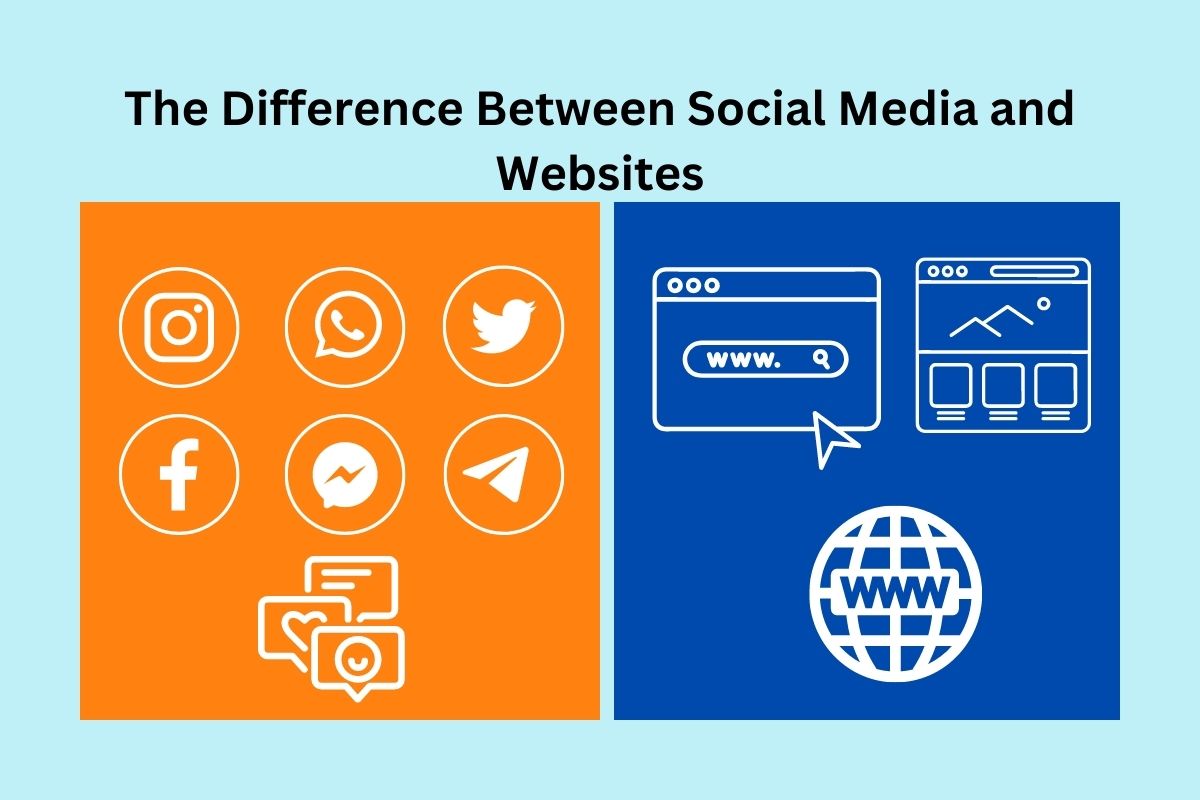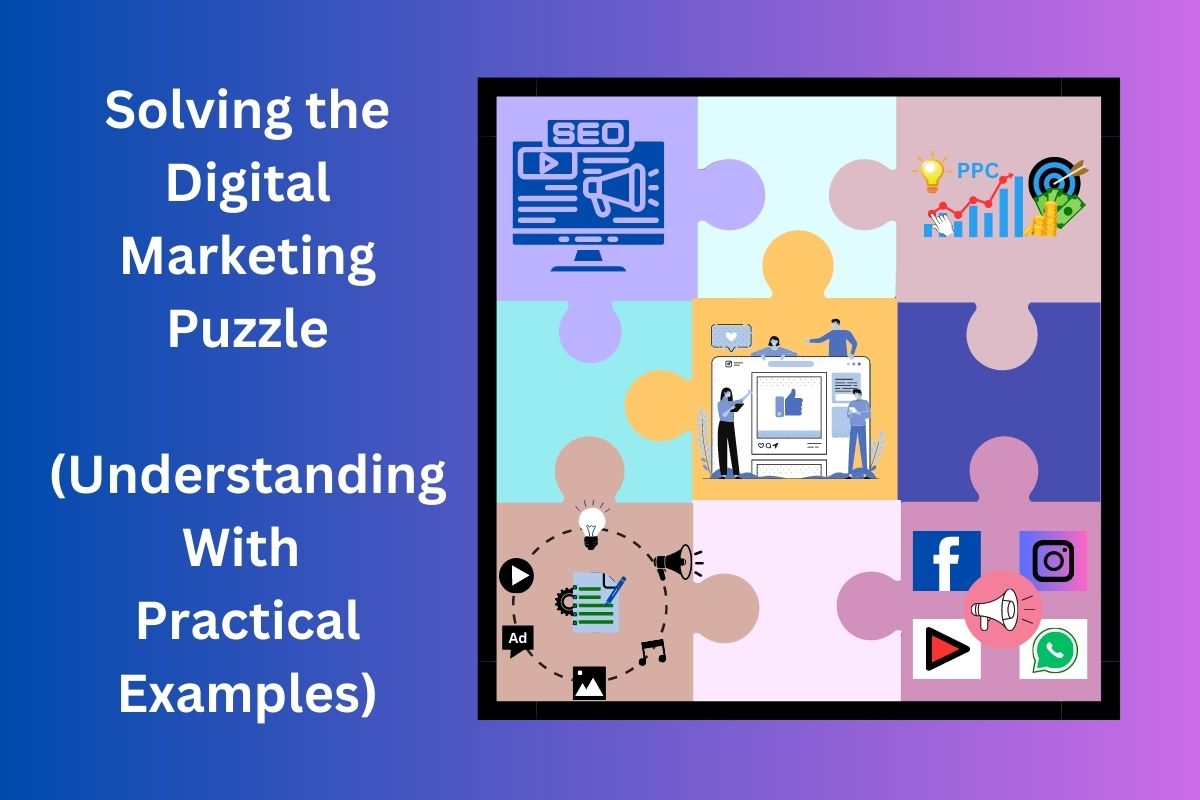Introduction
Developing effective writing and marketing strategies requires understanding your target audience and conducting thorough market research. Additionally, you can tailor your content and promotional efforts to resonate with your audience’s needs by gaining insights into consumer behavior, preferences, and trends. Furthermore, this blog will explore the significance of market research and audience analysis and how they contribute to the success of your writing and marketing endeavors (strategies).
The Importance of Market Research
Understanding Your Target Audience
Market research, therefore, allows you to get in-depth knowledge about your target audience’s qualities, preferences, and behaviors. By studying their demographics, psychographics, and consumer habits, consequently, you can create content that resonates with them.
Identifying Market Trends and Opportunities
Market research keeps you updated on recent industry trends, consumer demands, and emerging opportunities. This information empowers you to adapt your strategies and maintain a competitive edge. By staying informed, you can anticipate changes and seize new prospects in the market. Consequently, you can surpass your competitors and achieve success.
The Role of Audience Analysis
Unlocking Audience Insights for Targeted Marketing
Audience analysis is crucial for research on the market since it examines demographics, psychographics, and consumer behavior trends. By comprehending your audience deeply, you can craft focused marketing strategies that cater to their distinct needs and desires.
Customizing Your Message to Resonate with Your Target Audience
Effective marketing delivers the right message to the right people. By conducting audience analysis, you can tactically tailor your messaging, tone, and style to resonate perfectly with your target audience. Consequently, this level of customization fosters higher engagement and ultimately builds powerful brand loyalty.
Components of Marketing Research
Gathering Key Data Points for Effective Strategy Development
- Identifying Target Audience: It helps you define your ideal customer profile and segment your audience based on demographics, psychographics, and behavioral traits.
- Competition Analysis: By analyzing your competitors, you gain insights into their strengths, weaknesses, and market positioning. This knowledge allows you to differentiate your offerings and seize competitive advantages.
- Industry and Market Trends: Staying updated on the latest industry and market trends enables you to identify emerging opportunities and adapt your strategies accordingly.
How is Market Distinguished from Marketing Research?
- Market Research: It is collecting, analyzing, and interpreting data on a particular market sector, such as client preferences, purchasing behaviors, and market trends. Its primary objective is to understand the market dynamics and customer behavior. It focuses on the external factors that affect consumer behavior, such as market size, competition, and customer demographics. It helps businesses gain insights into their target market and make informed decisions regarding product development, pricing, distribution, and promotion strategies.
- Marketing Research: It has a broader reach that includes market research but goes beyond that. It involves analyzing the entire marketing process, including product development, pricing, distribution, and promotion. Marketing research aims to inform marketing strategies and help businesses achieve their goals. It examines internal and external marketing efficacy elements, such as consumer behavior, market dynamics, branding, customer satisfaction, and advertising effectiveness. Marketing research provides insights into the effectiveness of marketing initiatives and assists businesses in making strategic decisions that align with their marketing objectives.
In summary, while market research focuses primarily on understanding external market factors and consumer behavior, marketing research encompasses a broader range of activities that involve evaluating and optimizing the entire marketing process. To achieve the targeted marketing goals, a holistic approach that takes note of both external market dynamics and internal marketing initiatives is required.

The Importance of Advertising Research
Maximizing Advertising Effectiveness
Advertising research, therefore, enables you to assess the effectiveness and influence of your advertising campaigns. By measuring key metrics such as reach, engagement, and conversions, you can optimize your ad strategies and thus allocate resources wisely.
Improving Targeting and Messaging
Advertising research allows one to test various advertising formats, messages, and channels, enabling the identification of the most effective approaches. Consequently, one can ensure that one’s ads are targeted, persuasive, and resonate with your intended audience.
Conclusion
Market research and audience analysis are indispensable tools for businesses that aim to make informed decisions & devise effective marketing strategies. By understanding customer needs, identifying market trends, & evaluating advertising effectiveness, jobs can adapt to changing market dynamics, minimize risks, & maximize their return on investment. Through data collection, analysis, & interpretation, research on the market provides the necessary insights to shape successful marketing campaigns and ensure long-term business growth.
Also, read “Types Of Mutual Funds & How They Get Priced: Explained!”










